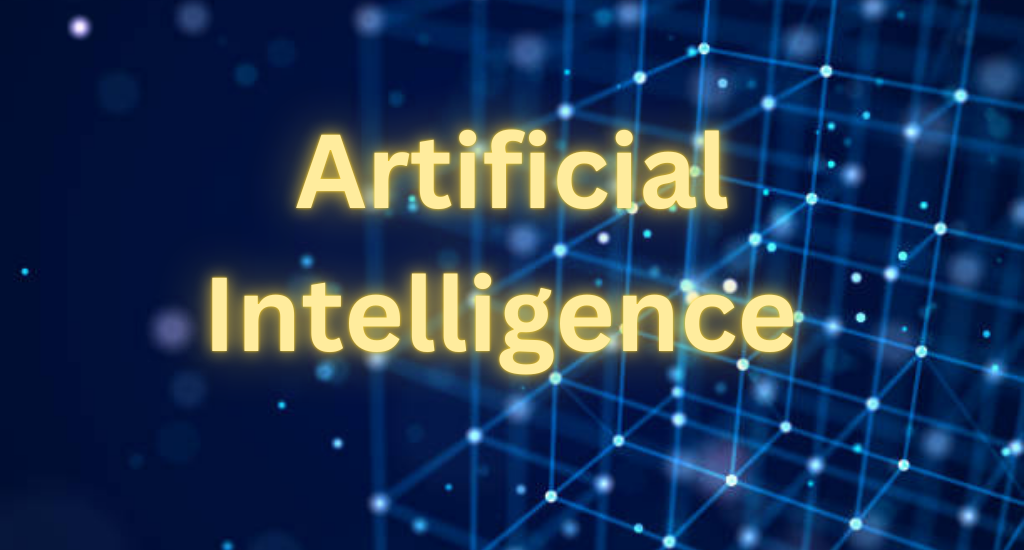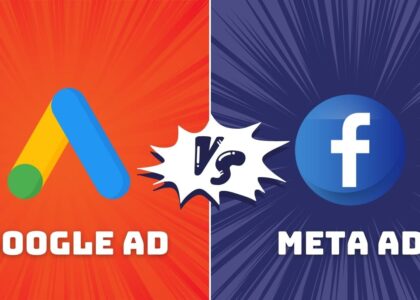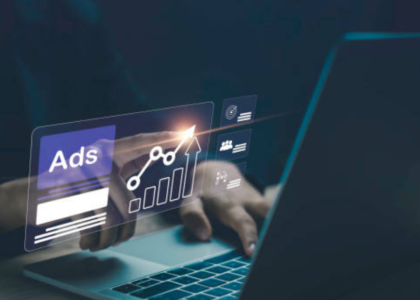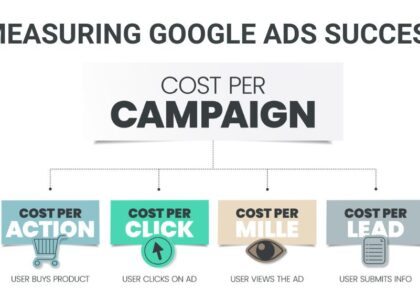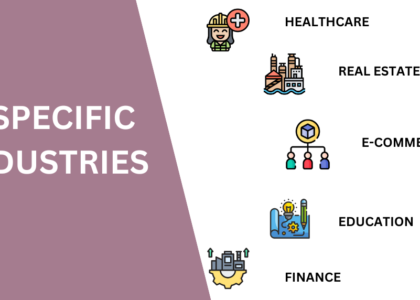Artificial Intelligence (AI) has significantly transformed various sectors, and digital marketing is no exception. AI’s integration into marketing strategies has revolutionized personalization, automation, and predictive analytics, making marketing efforts more effective and efficient. This blog delves into how AI is reshaping these aspects, focusing on its impact on search engine optimization and the crucial role played by digital marketing agencies.
Artificial Intelligence in Digital Marketing
AI has moved from a futuristic concept to a practical tool that enhances marketing strategies. Its ability to process vast amounts of data and generate insights has made it indispensable. AI technologies such as machine learning, natural language processing, and neural networks have enabled marketers to understand and predict consumer behavior better, personalize content, and automate repetitive tasks.
Personalization
Personalization is the cornerstone of modern marketing. Personalization in digital marketing refers to the process of creating customized experiences and messages for individual users based on their preferences, behaviors, and demographic information. This approach goes beyond generic, one-size-fits-all marketing tactics, aiming to deliver content and offers that resonate on a personal level. AI’s role in personalization is profound, allowing businesses to analyze customer data and deliver customized content and recommendations.
AI-Driven Personalization
1. Customer Segmentation:
AI algorithms analyze customer data to segment audiences based on behaviors, preferences, and demographics. This segmentation allows for targeted marketing efforts, enhancing engagement and conversion rates.
2. Content Personalization:
: AI tools like recommendation engines use machine learning to predict and suggest content that resonates with individual users. Platforms like Netflix and Amazon are prime examples, using AI to recommend movies and products based on user history.
3. Dynamic Websites and Emails:
AI enables the creation of dynamic content that changes based on user interaction. For instance, websites can display different products or services depending on the visitor’s behavior. Similarly, AI-powered email marketing tools personalize subject lines, content, and send times to optimize open and click-through rates.
Automation
Automation is a game-changer for businesses across industries. It involves employing software, robotics, and artificial intelligence to automate repetitive, time-consuming tasks, allowing employees to focus on more strategic and creative activities. Automation can be applied in various business areas, including manufacturing, customer service, marketing, finance, and human resources.
AI-Driven Automation
1.Chatbots and Virtual Assistants:
AI chatbots provide instant customer support, answer queries, and guide users through the sales funnel. These tools improve customer experience and free up human resources for more complex tasks.
2.Social Media Management:
AI automates social media posting, monitoring, and engagement. Tools like Hootsuite and Buffer use AI to schedule posts, track performance, and suggest the best times to publish content.
3.Ad Campaign Management:
AI optimizes pay-per-click (PPC) campaigns by analyzing performance data and adjusting bids in real-time. This ensures maximum ROI and reduces wasted ad spend.
4.Lead Scoring and Nurturing:
AI evaluates leads based on their likelihood to convert, allowing sales teams to prioritize high-potential prospects. Automated email sequences nurture leads through the sales funnel, providing relevant content at each stage.
Predictive Analytics
Predictive analytics is revolutionizing the way businesses approach marketing, offering a data-driven approach to anticipate customer behavior and optimize strategies for maximum impact. By leveraging the power of data, businesses can stay ahead of the competition and build stronger, more meaningful relationships with their customers.
AI-Driven Predictive Analytics
1.Customer Lifetime Value (CLV):
AI predicts the long-term value of customers by analyzing purchase history, behavior, and demographics. This helps businesses focus their efforts on high-value customers.
2.Churn Prediction:
AI models identify signs of potential churn, allowing businesses to take proactive measures to retain customers. Personalized offers and targeted communication can reduce churn rates significantly.
3.Sales Forecasting:
AI analyzes past sales data and market trends to predict future sales performance. This information aids in inventory management, budget allocation, and strategic planning.
4.Content Performance Prediction:
AI predicts which content will perform best based on historical data and current trends. This helps marketers create content that is more likely to engage and convert their audience.
AI in Search Engine Optimization
Search engine optimization (SEO) is a crucial aspect of digital marketing, aimed at improving a website’s visibility on search engine results pages (SERPs). AI has significantly transformed SEO by introducing advanced tools and techniques that enhance keyword research, content creation, and website optimization.
AI-Driven SEO
1.Enhanced Keyword Research:
AI-powered tools like Google’s BERT (Bidirectional Encoder Representations from Transformers) algorithm have revolutionized keyword research. These tools understand the context of search queries better than ever before, allowing digital marketing agencies to identify long-tail keywords and phrases that align with user intent. By leveraging AI, marketers can optimize their content with highly relevant keywords, improving their search engine rankings.
2.Content Creation and Optimization:
AI-driven content creation tools, such as GPT-4, have become invaluable assets for digital marketing agencies. These tools can generate high-quality, SEO-friendly content that resonates with target audiences. Additionally, AI can analyze existing content and provide recommendations for optimization, ensuring that it meets the latest SEO standards and guidelines.
3.Voice Search Optimization:
With the rise of voice-activated devices like Amazon’s Alexa and Google Assistant, voice search has become increasingly popular. AI plays a crucial role in optimizing content for voice search by understanding natural language and conversational queries. Digital marketing agencies must adapt their SEO strategies to include voice search optimization, ensuring their clients’ content ranks high for voice-based queries.
4.Link Building:
Link building remains a critical component of a robust SEO strategy. By focusing on quality content, building relationships, and following best practices, you can create a sustainable and effective link-building campaign that boosts your site’s authority, visibility, and traffic. Remember, link building is a long-term effort that requires patience and consistency, but the rewards are well worth it.
5.User Experience (UX) Enhancements:
AI analyzes user behavior on websites, providing insights into how users interact with content. This information helps digital marketing agencies optimize site structures, improve load times, and enhance overall user experience, which are crucial for better search engine rankings.


